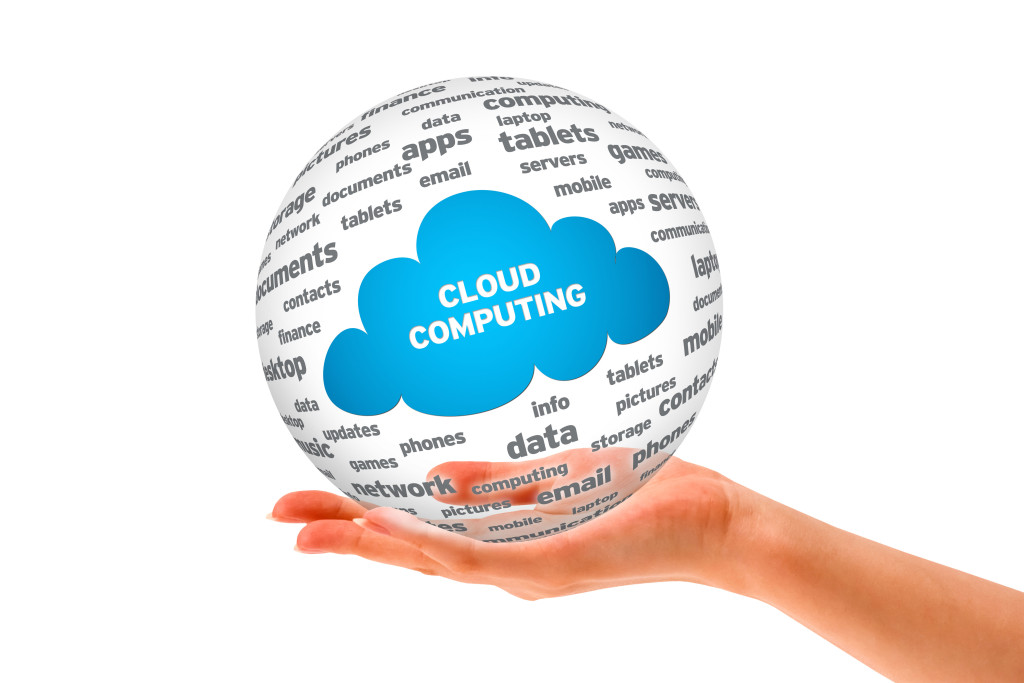Cloud Bookkeeping Software
Cloud Bookkeeping Software
Which Cloud Based Accounting Software Should I Use (if any)?
Cloud software solutions have been in use for several years now and growing in popularity. The last few years has seen some great technological leaps forward and this has certainly been driving change in the accounting industry.
Last year we saw MYOB AccountRight launch their latest cloud offering which now means consumers have even greater choice when considering accounting and bookkeeping software options. Given all the available options the key question for the consumer is what is the best solution given my current and future needs?
This article will focus on the main online software packages available but before we review the various options we need to consider whether staying with a desktop version will better suit your needs.
Why consider staying with my desktop software?
Given all the marketing and hype surrounding cloud based services you would be forgiven for thinking desktop software was going the way of the dodo. However in many cases moving to an equivalent cloud based package is just not feasible yet. The biggest concerns include access to fast internet connections, monthly subscription fees, data security fears, hardware considerations and the fear of the unknown. For desktop users that are competent, have good backup systems, good communication channels with their bookkeeper and/or accountant and who have no need to access their file away from the home/office there seems to be little incentive to change at this time.
Why should I consider moving to the clouds?
The key benefits of moving to an online version will depend greatly on which vendor you decide to use but in general you will be getting:
- A book keeping system that is not too dissimilar to the desktop application that you already know
- You can access your company file from anywhere via the internet and a computer* (* Your internet speed and quality, your hardware specifications and user permissions will affect your experience greatly).
- You can share access with your bookkeeper and/or accountant which means no more messy backups, emailing large files, dropping off USB drives and greater support
- There are no longer issues regarding which version of the software you are using as everyone will be using the latest version
- Your file is safely stored and encrypted in the Cloud
- Most allow you to sync your bank transactions into the software removing much of the data entry
- Payment can be made by monthly instalments allowing better cash flow management
- Most offer 24/7 support
So which online solution suits me best?
Having used and through working with clients that are using these software packages we can, in very general terms, advise that some options are better suited to certain types of users than others based on the overall strengths and weaknesses of the product.
MYOB AccountRight Live: Will be most appealing to users that are already familiar with MYOB and perhaps those that have concerns about the quality of internet connection. Its big selling point is the ability to work offline. When you have a good connection simply download your data, the cloud version becomes read only, work on your file then sync back changes when you are done. It also has the ability to pay third parties such as suppliers and staff directly from the software.
QuickBooks Hosted has similar advantages to MYOB for those currently using QuickBooks. They have been in this space longer than MYOB so they have a slight advantage as far as features and scalability for the growing business. Their pricing structure will certainly appeal to larger businesses.
Xero is a great choice if you are a small business that is looking for an easy to use, feature-rich product. Xero has been leading the way in the online bookkeeping space and has delivered a product that is very efficient through its daily bank feeds and other features such as credit control, asset registers, expense claim facility and job tracking.
Saasu has a similar feel to Xero. It delivers advanced reporting options and a more robust payroll system. Many of the features that are add-ons to Xero are integrated into Saasu making it fully functional from signup. For small businesses with strong bookkeeping skills or who want advanced reporting and accounting features at a competitive price would really appreciate what Sassu can offer.
Do I really need a Bookkeeping system?
Maybe not! Many smaller business owners prefer to focus on what they do best. Many either outsource everything to a bookkeeper or minimise the time spent on bookwork through a product called Banklink. Banklink provides transaction data from your bank accounts to you and your accountant so they can prepare your quarterly and annual financial reports on your behalf.
Banklink Notes Online allows you to access your bank transactions via the internet. You can add payee detail, transaction descriptions, GST amounts and even code transactions (optional). Once you have updated the transactions simply click a button to notify your accountant the data is ready to go. There are a few basic add-ons and reporting options plus you have the ability to work offline. If you don’t need an integrated cashbook system then Banklink is a very attractive option.
If you are not sure where to go from here give us a call to discuss your individual needs.
Share :

